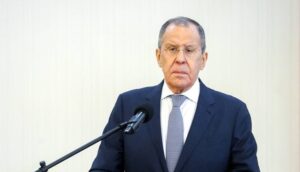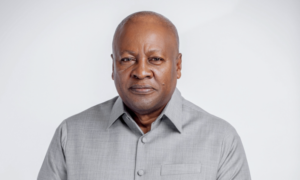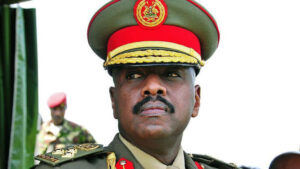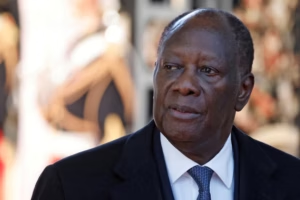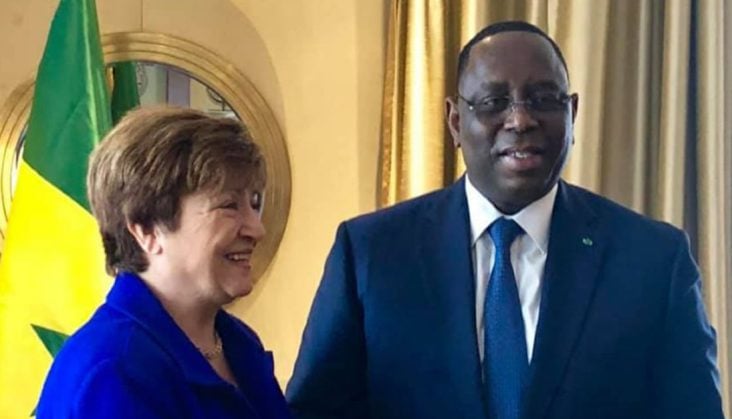
Source: the Africa Report.
The Senegalese government must work on debt and governance after agreeing on a 36-month aid package
An extended credit facility (ECF) of $1.526bn (SDR 1.132 billion and 350% of quota) combined with the resilience and sustainability facility (RSF) of $327.1m (SDR 242.7 million and 75% of quota), will help boost the Senegalese economy in the run-up to presidential elections in nine months.
But to benefit from this aid, which is to be spread out over 36 months, the IMF expects the Senegalese government to engage in reforms to reduce debt vulnerabilities through fiscal consolidation, strengthening governance and the framework for combating money laundering and the financing of terrorism, and achieving more inclusive and job-rich growth as outlined in the Fund’s report on May 11.
Senegal’s debt is close to 70% of the national GDP. During a meeting in Dakar between the head of the IMF mission, Edward Gemayel, and the minister of finance and budget, Mamadou Moustapha Ba, the Senegalese minister said the debt rate was sustainable for the country, adding “the country’s debt will gradually decline from 2024â€.
Gemayel replied: “Even if the debt is sustainable, it is important to set a downward trend to create room for maneuvering in the event of future shocks. This is the importance of consolidation at the budget level. It consists mainly of increasing the government’s internal revenue, which is estimated at around 18% of the GDP, with the aim of reaching 20% ​​of the GDP excluding hydrocarbons by 2025.â€
The Senegalese authorities reiterated their commitment to reducing the budget deficit to 3% of the GDP by 2025 by rationalizing tax exemptions and gradually eliminating regressive and high-energy subsidies to restore fiscal maneuverability within the budget.
With regard to strengthening financial governance, Senegal is working to improve the conditions for transparency and to get off the grey list (jurisdictions that are actively monitored by the organisation) of the Financial Action Task Force (FATF), in particular by strengthening the National Office Against Fraud and Corruption (OFNAC) and broadening its scope of intervention.Slow growth
In 2022, GDP growth in Senegal was 4.7%, which is below the 6% set by the government as part of its Emerging Senegal Plan (ESP).
The IMF has twice revised its forecasts downwards during the year, mainly due to a fall in agricultural yields and industrial activity. However, the Bretton Woods institution welcomed the country’s economic resilience and the continuation of projects undertaken in 2022 as part of the PES, such as the construction of 150km of roads, the enhancement of the national electricity network by 250MW for a national production of nearly 1,800 MW, and the launch of projects to harvest the country’s gas reserves, estimated at nearly 1,000 billion m³’
For 2023, the IMF anticipates growth and inflation rates of 8.3% and 5%, respectively, compared with last year’s 9.7% growth rate.
